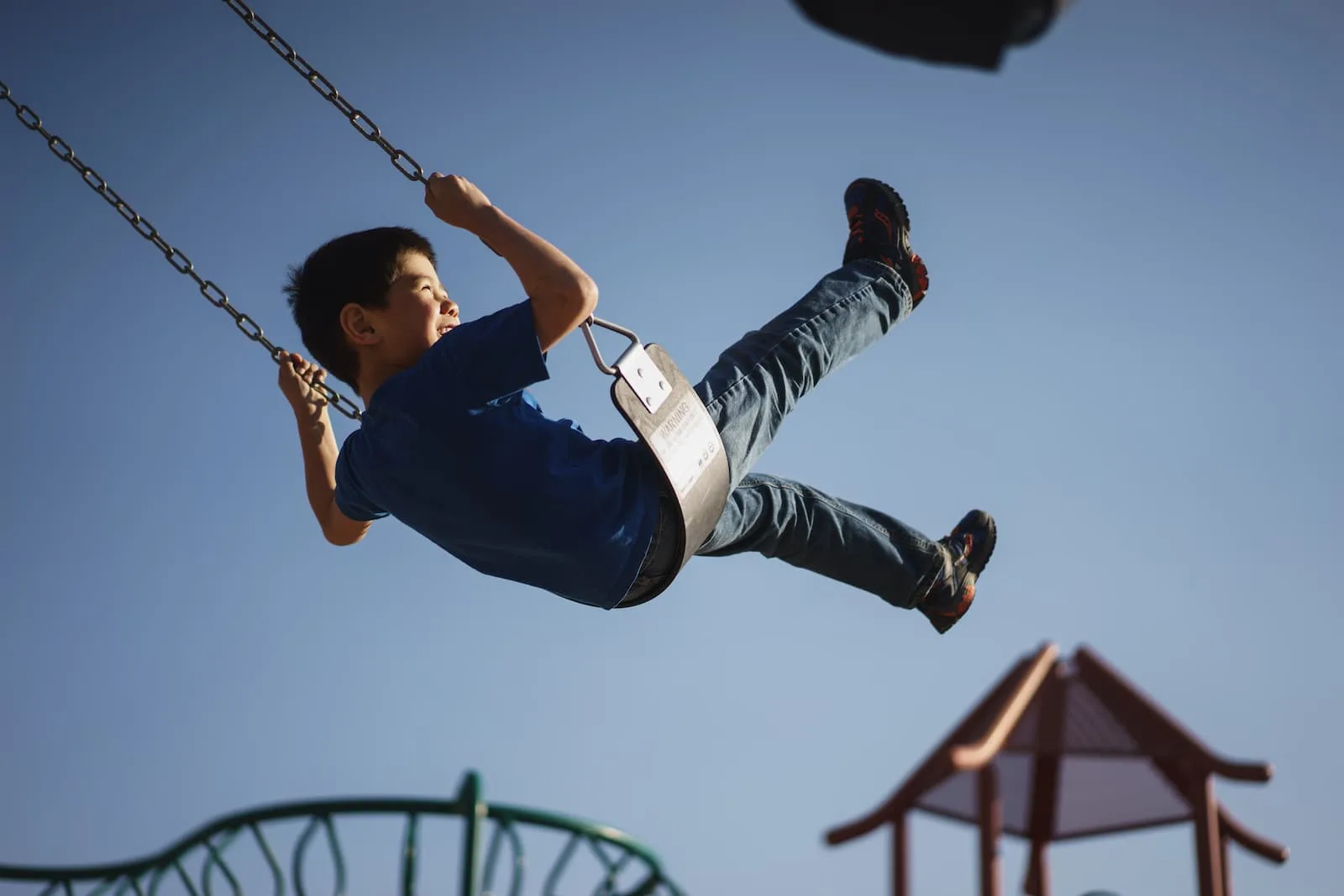Be Smart: Online Grooming
What is grooming?
What is grooming? Grooming is the act of building up a trusting and emotional relationship with a minor, usually with the purpose of sexual exploitation, gratification or abuse. Online grooming takes place through an online platform, such as forums, chat groups, social media or messaging platforms. This is especially important now as the chances of children meeting and interacting with strangers on digital platforms increase due to them spending more time online during the COVID-19 pandemic.
Online predators may be able to reach children through information that they share online on these platforms, especially if the information pertains to places they visit or schools they attend. These predators may also frequent hobby groups to establish common ground with the minor. Predators can take advantage of minors’ naivety, innocence about sexual behaviour and susceptibility to gifts and affection. The predators can also provide misinformation about topics on sexual conduct and activities.
According to a 2018 report by digital education think tank DQ Institute, 16% of the respondents in Singapore aged between 8 and 12 had been involved in online sexual behaviours such as having searched for, and/or visited websites with sexual content, and/or having had sexual conversations online with strangers. 12% of the respondents said they had chatted with and met online strangers in real life.
In many of these online grooming cases, predators preyed on online platforms such as Facebook, Instagram, Snapchat, Twitter, YouTube and even Internet gaming sites. Upon initiating contact with the minor, the predator would attempt to catfish—the act of pretending to be someone else online to establish a relationship. The predator often chooses an identity close to the minor's age, to establish a closer affinity. The predator would then pretend to have similar interests, treat the victim to gifts and shower them with affection and attention. Predators do this to build trust with their victims. They may then steer conversations towards sexual topics, and trick the minor into engaging in online sexual activity, such as displaying intimate areas over a webcam and sending obscene images, or arranging face-to-face meetings. They may use emotional blackmail and coercion to pressure the child into compliance.
.webp)
How can I tell if my child is facing online grooming?
It may be difficult to detect signs that your child is facing online grooming, as victimised children tend to be secretive about the situation, or they might not even realise what is online grooming to flag their situation to adults. Nevertheless, you can look out for these behavioural changes:
- They may spend more time online and have difficulty staying away from their handphones or social media platforms.
- They may be excessively secretive about their online interactions with others, and are extremely resistant to parents going through their online conversations.
- They may receive gifts like clothes, phones or excessive cash that they cannot afford or account for.
- They may be constantly interacting online with people much older than them.
- They may use sexual language that their parents may not expect them to know.
- They may exhibit unusual behaviours such as going out of the way or to remote places to meet up with friends.
- They may also display unusual traits such as withdrawal, anxiety, depression, aggression or clinginess.

How can I protect my child from online grooming?
- Parents should be aware that anything you share online about your children adds to their digital footprint. Be mindful of what you post, as predators can piece together details collected from posts, photos and videos that reveal your child’s full name, school, interests or whereabouts.
- Ensure that your child is aware of what he or she shares online, and that they do not share their sensitive personal information on public and social media platforms.
- It’s important that you maintain a close relationship with your children. Create an environment in which they will feel safe to confide in you without being reprimanded, especially if they find themselves in an uncomfortable situation.
- Having close ties will allow you to monitor your child’s activity, without them feeling like you are policing them.
- Keep a close watch on your child’s online usage and activities, and learn more about what platforms they engage in, for what purpose. Consider using parental controls on their devices if your children are very young.
- Build a trusting relationship with your children so that they are open about discussing their activities with friends with you. Should you have any concerns, ask to view their messages and ensure that you explain that it is important for you to understand if they are safe.
.webp)
- Educate your child about online grooming and sex, using age-appropriate content. Teach them how to set boundaries to protect themselves from inappropriate sexual advances and physical contact which often happens from offline or online grooming.
- Remind your children that the individuals they meet online may not be who they say they are. Explain to them why they should never give out personal information, such as their names, email or home addresses, phone numbers or schools, to people they befriend online.
- Teach your children that meeting up with someone they have only met online can be dangerous. Explain to them that they should seek parental permission to do so and that you must be present during the meet-up if possible.
- Explain to your children that accepting emails, messages or opening files from strangers can be dangerous as they may contain viruses or unwanted messages.
- Assure your children that if they feel uncomfortable, worried or threatened at any point, they can approach you or a trusted adult for help.
What can I do if I suspect that my child has been a target of online grooming?
- Firstly, avoid overreacting as this may alienate your child and discourage them from confiding in you.
- Do not condemn your child and provide assurance that you are there to support him/her.
- Request to view the conversation thread that your child is having with the other party and explain that you want to understand what has happened between them.
- Grooming is an offence under Singapore’s Penal Code, and so is sexual exploitation of a child or young person. Call the police to make a report immediately if you have reason to believe that your child has been sexually groomed.
- Secure the devices where the online interaction took place and collect evidence by taking screenshots of the interactions between your child and the online predator. This will provide crucial evidence for the police.
- Change yours and your child’s privacy settings on all online platforms and ensure that you clean up your digital footprints.
- Parents may also call the TOUCH Cyber Wellness’ TOUCHline at 1800 377 2252 on weekdays from 9am to 6pm, if they need to speak to counsellors who specialise in youth-related issues.

#BeSmart
Be Aware of What You Share
Sources:
https://www.channelnewsasia.com/news/singapore/sexual-grooming-online-teenagers-children-12405510













